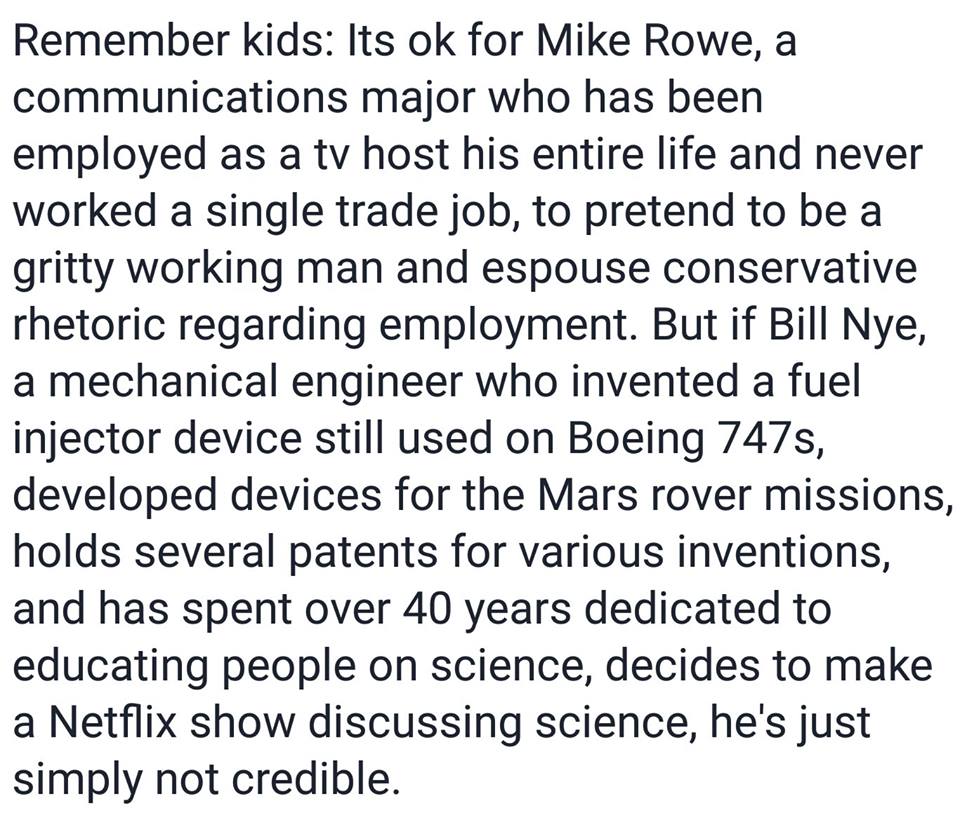It seems like there’s a socialist hiding behind almost every libertarian. If you prod most libertarians enough you’ll eventually find that one hot topic where they’re willing to put a bullet in the head of individualism and hang its corpse for all to see. For a lot of these libertarians that topic is international socialism. While they claim to be against socialism in all forms they will gladly join the ranks of the national socialists if they’re fighting international socialists. Another one of these topics that’s starting to creep up is universal basic income. A few libertarians have fallen for the automation scare and are using that as justification for why society must implement universal basic income.
Interestingly enough, this tendency of self-proclaimed anti-socialists to have very strong socialists sentiments isn’t isolated to libertarians:
I’ve critiqued that idea elsewhere, but what I find interesting about it is that for all these years, Murray wasn’t really an opponent of big government or the welfare state. He was just looking for a more effective way to administer it. So his legacy as a critic of welfare is in danger of being eclipsed by his advocacy for universal welfare.
You could make similar observations about how it was the Heritage Foundation that cooked up the “individual mandate” at the center of Obamacare, how “cap-and-trade” global warming regulations were dreamed up under the Reagan administration and pushed as a “free-market” solution, and how it was Milton Friedman who helped develop income-tax withholding.
I believe one of the reasons socialism has enjoyed such great success in spreading (even though it has been an abysmal failure when implemented) is because it has been able to infiltrate its opposition. Even people who consider themselves ardent anti-socialists have been infected with socialist thinking.
How could socialism become so pervasive in society? I attribute it to statism. Individualism is the antithesis of statism. That being the case, believers in the State have to believe in at least some amount of collectivism. If a person claims to be an anti-statist but advocates some amount of statism they have already established the cognitive dissonance in their head that allows them to claim to be individualists while promoting socialist ideas. Statists then push their belief onto children through the public education socialist indoctrination system. After all, it’s always good to them while they’re young! The children who were subjected to the indoctrination system then grown up, become teachers, and being the vicious cycle anew. Within a few generations the idea that individualism can even exist is almost completely removed from society.
Libertarianism can’t hope to win the fight against socialism if its biggest supporters are advocating socialist ideas.
